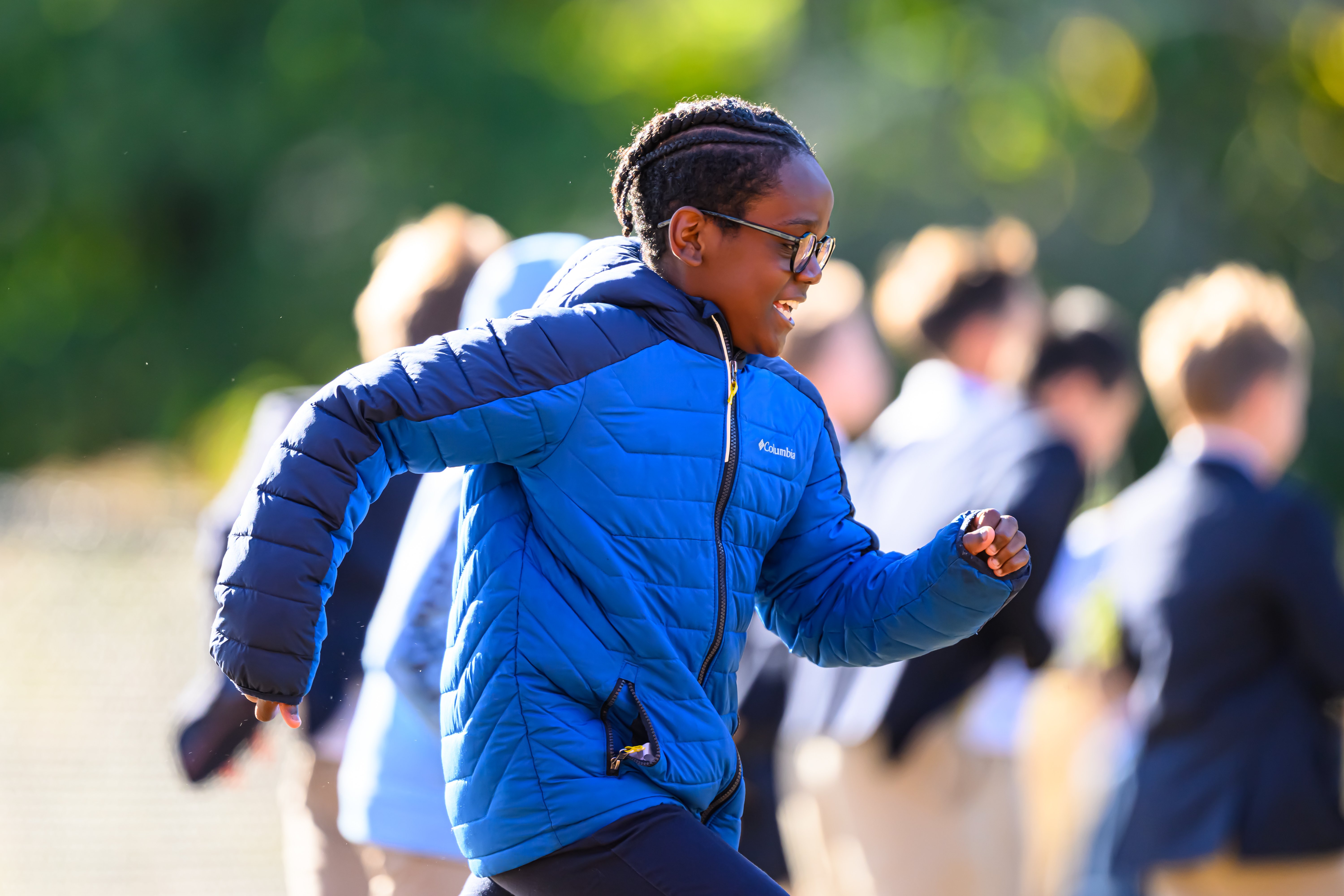When the Common Core hit the public school system in 2009, education shifted from a whole-child approach to a more narrow focus centered around passing standardized tests. The goal, in part, was to maintain a certain standing with the Department of Education.
As many schools opted to increase instruction time during the academic day, or extend the school day altogether, a common casualty quickly became recess. Today, recess time is limited across the country, if present at all, and the impact has been widely debated.
The Importance of Unstructured Physical Activity and Play
In response to the reduction of recess across the country, the American Association of Pediatrics authored a policy statement in 2013, which recognizes the important role that recess plays in a student’s academic day. It affirms the need to provide each child with an opportunity to engage in “unstructured physical activity.” Regular breaks from the academic day enable children to practice and develop social skills, use their imaginations, and engage in physical activity, all of which enhance cognitive performance in the classroom.

Setting the Stage for Healthy Choices
At Fessenden, we recognize that recess is an important, beneficial, and necessary component of a middle schooler’s academic day. We infuse multiple opportunities for children to capitalize on the benefits of recess into strategic times of the day. For example, every day during our PLR, or Pre-Lunch Recess, we ensure that all of our students have a chance to experience social, physical, and mental breaks. The benefits of holding recess just prior to lunch were highlighted in a 2014 study by Joseph Price and David R. Just, titled, “Lunch, recess and nutrition: Responding to time incentives in the cafeteria.” In their research they found that student consumption of fruits and vegetable rose by 54% when lunch followed a recess period.

The Many Benefits of Recess
As Professor Andrew Pellegrini wrote in 2008, “some claim that recess is a waste of valuable time that could be more profitably used for instruction,” but, he continues, “there is no theory or empirical evidence to support this point of view. There is, however, abundant and clear evidence that recess has beneficial effects on children’s social competence and academic performance.”

The social benefits Pellegrini speaks of are multi-faceted. To begin with, recess offers middle school students an opportunity to interact with large and diverse peer groups. While the unstructured nature of recess may lead to social conflict, it also provides students with the earliest opportunities to practice their conflict resolution skills.
Enhancing Conflict-Resolution Skills
The ability to sort through conflict with a peer is a skill that many remember first approaching while on the playground. Middle school attempts at conflict resolution can be “messy,” but it is the messiness that is important because it most accurately reflects real-life situations children will face later in their lives. Of course, the watchful eye of the teacher is essential in modeling and aiding the students during these formative situations.
Beyond social benefits, recess also provides physical and mental health benefits. The physical benefits of daily activity are abundant, and were even espoused by Thomas Jefferson, who was famous for believing that “no less than two hours a day should be devoted to exercise.” While this is advice from a different time, the American Academy of Pediatrics believes it was not too far off, recommending 60 minutes of “moderate to vigorous” activity per day. Thus, mental benefits of recess include: increased awareness;, a reduction in disruptive in class behavior, as Time Magazine pointed out in a 2015 article;, and higher levels of “creative thinking, problem solving, independence, and perseverance.”
The Importance of Recess for Middle School Students
Middle school students are at a critical stage of development, and recess plays a vital role in their physical, emotional, and social growth. Recess provides a much-needed break from the structured school day, allowing students to engage in physical activity, socialize with peers, and recharge their minds.
Research has shown that middle school students who have regular recess periods tend to have better academic performance, improved behavior, and enhanced overall well-being. By stepping away from their desks and engaging in unstructured play, middle schoolers can return to their studies with renewed focus and energy, ultimately benefiting their academic learning and personal development.
Recess’ Role at The Fessenden School
Recess plays an important role at Fessenden, where we believe movement and conflict resolution skills are a key part of a boy's development. Learn more about Fessenden or plan a visit today!
Read On

When All A’s Are All Too Easy: 3 Tips for Parents of Gifted Middle Schoolers

3 Cures for Your Gifted Middle Schooler’s Academic Boredom

